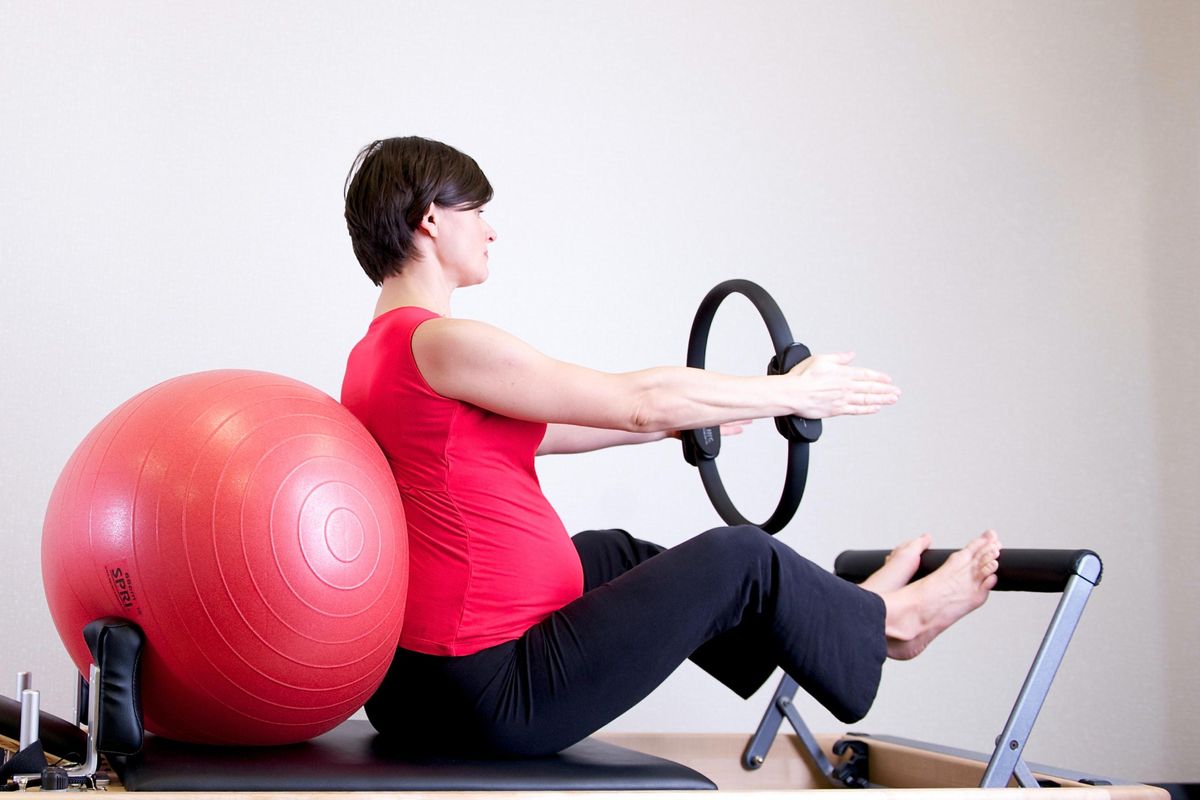Q:
I'm entering my second trimester and want to start exercising. I'm a fairly fit and very healthy person but hadn't been exercising prior to becoming pregnant. Is it OK to start an exercise program now?
A:
Exercise is a wonderful thing you can do for yourself and your baby. It can improve your mood, increase your energy and help with those ever-so-common backaches.
Check with your doctor before starting any exercise program, especially since you are pregnant and going into your second trimester. In general, healthy women with healthy pregnancies who did not exercise before becoming pregnant can exercise safely.
Start your adjustment to exercise slowly. Try to include a 5- to10-minute warm-up and cooldown that includes some light stretching. Begin by walking for 5 minutes a day. Increase that amount by 5 minutes each week until you are conditioned to walk for 30 minutes on most days of the week. Be sure to:
- Walk at a pace that is faster than what you usually walk but doesn't leave you breathless or exhausted.
- Listen to your body. It will let you know if you are overexerting yourself.
- Staying hydrated is important for any exercise program, so remember to drink water.
If walking is too hard on your muscles and joints or causes any discomfort, try swimming. Pool water provides great support for your expanding belly and keeps the weight off your joints.
You also can gently work your abdominal muscles while sitting in a chair or standing. Squeeze your abs, hold the squeeze for 5 seconds, then release.
Pregnant women should not participate in any type of contact sports and should avoid activities that are jerky, bouncy or require balance or where there is an increased risk of falling. At this point in your pregnancy, you should also avoid any activity that requires you to lie flat on your back. If you have any questions about the specific activity you want to pursue, talk with your health care provider.
If you get any of the following symptoms while exercising, The American College of Obstetricians and Gynecologists recommends that you stop the activity and call your doctor right away:
- Vaginal bleeding
- Dizziness or feeling faint
- Increased shortness of breath
- Chest pain
- Headache
- Muscle weakness
- Calf pain or swelling
- Uterine contractions
- Decreased fetal movement
- Fluid leaking from the vagina







